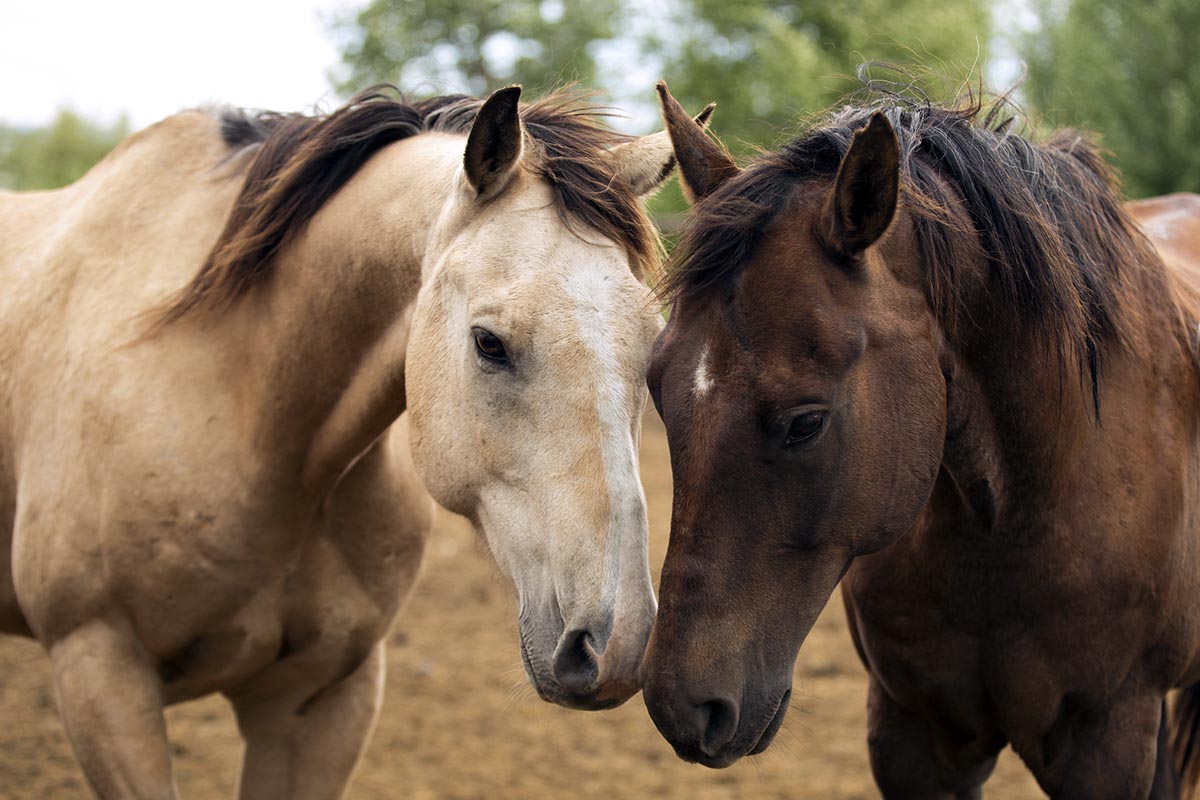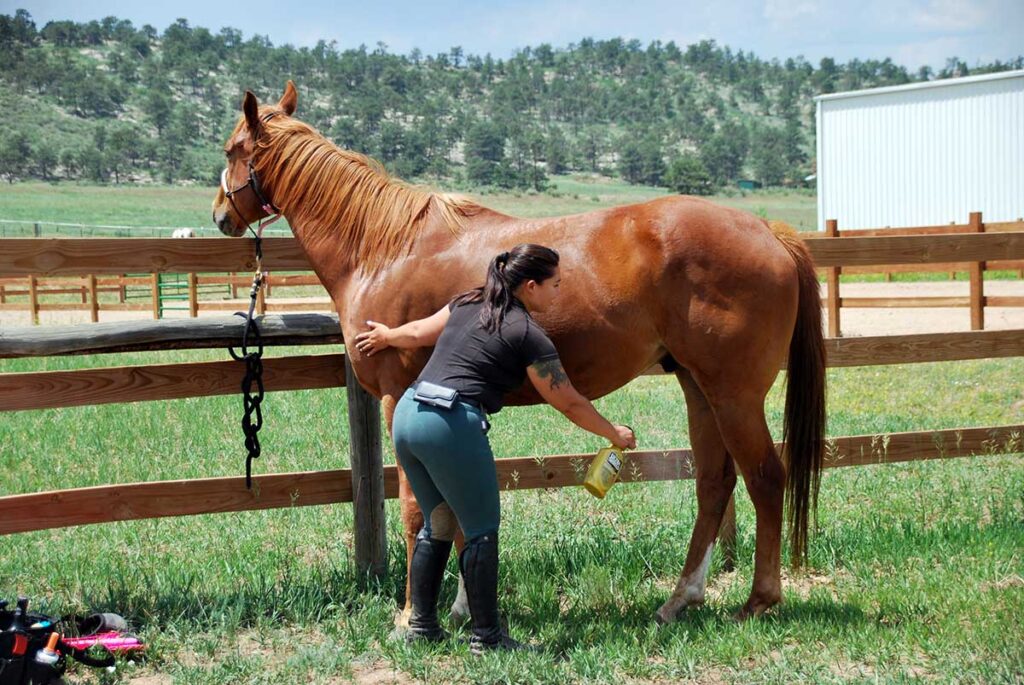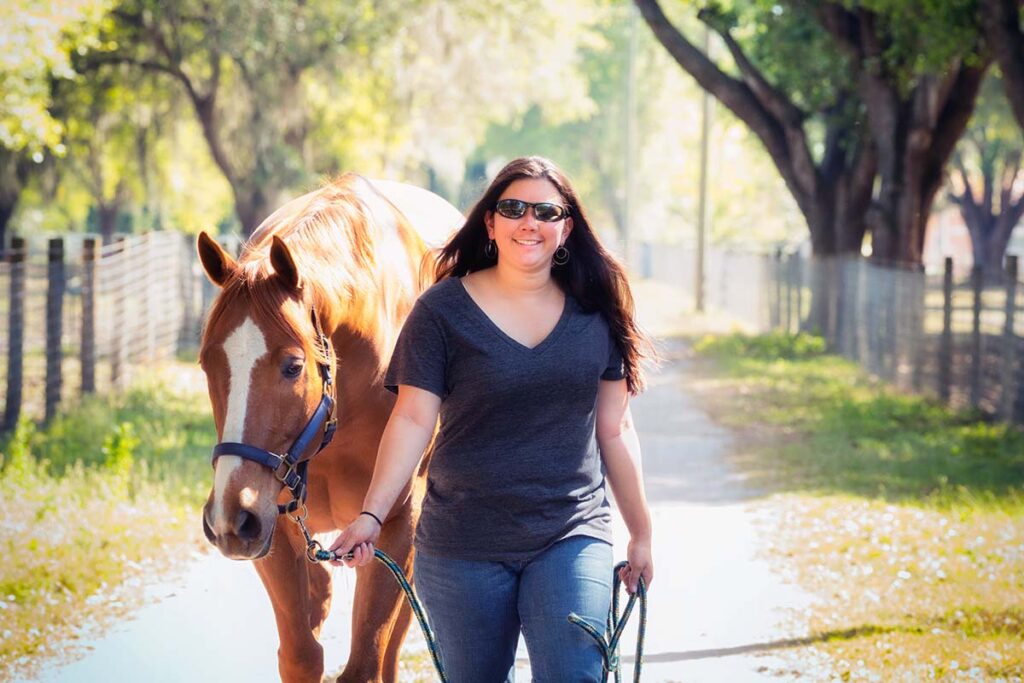Horses can pick up diseases from other horses and contaminants just as easily as we can catch colds and viruses from other humans. The difference, however, is they can’t take steps to protect themselves like we can. That’s where biosecurity comes in. In this article, we’ll explore the basics of biosecurity for horses and how to implement effective prevention strategies.
Understanding Biosecurity for Horses
Biosecurity involves taking steps to prevent the spread of disease among horses, whether it be through contact with other animals, humans, or items that can carry viruses and disease-causing organisms. It’s essential for horse owners to understand how to prevent the spread of disease among horses and the steps they can take to do so.
Horse biosecurity is vital for helping reduce the risk of equine infectious diseases such as strangles, salmonella, equine herpesvirus, and equine influenza. These illnesses can spread quickly among horse populations, cause serious health issues, and cost significant time and money to resolve. While all horses are at risk of catching an infectious disease, those that travel to trail rides, clinics, and events are more vulnerable than those that never leave the farm.
Biosecurity Best Practices: Simple Steps to Keep Your Horse Healthy

To reduce the risk of your horse contracting an infectious disease, follow these biosecurity steps:
- Practice good barn management and hygiene by cleaning stalls, buckets, and other surfaces regularly to remove dirt and debris that can carry disease-causing organisms.
- Stable or turn horses out with similar types of horses. For example, keep show horses separate from broodmares or retirees that don’t travel off the farm.
- Keep your horses up to date on core and risk-based vaccinations.
- Learn to take your horse’s temperature and know what’s normal for him or her.
- Isolate new equine arrivals and horses returning from shows or group outings for two weeks, and take their temperatures daily.
- Isolate any sick or feverish horses from the rest of the herd until they are no longer at risk for spreading disease.
- Practice good hygiene by washing your hands before and after handling horses and between different horses. Also ask visitors to wash their hands before entering the barn.
- Don’t let horses from different farms or populations share water sources or have nose-to-nose contact.
- Avoid sharing tack, blankets, grooming supplies, ointments, buckets, and equipment with other horse owners.
- When filling water buckets, don’t let the nozzle touch the water or container.
- Practice insect, bird, wildlife, and tick control, as these animals can spread disease and disease-causing organisms to horses.
- Remove stall waste and manure, and store it away from the barn.
- When taking your horse off the property, pack a disinfectant-filled spray bottle so you can disinfect shared surfaces and stabling areas.
Watch: How To Take a Horse’s Temperature
Take-Home Message
By implementing these biosecurity measures into your routine, you can help keep your horse healthy and safe. It’s important to remember that prevention is key to avoiding the spread of infectious diseases among horses, and taking proactive steps now will save you time and money in the future. If you have questions, your veterinarian is the best resource when it comes to making a vaccination plan and biosecurity recommendations for your horse.
Related Reading:
- Equine Vaccinations: What Your Horse Needs and When
- Introducing a New Horse to a Herd: How To Keep the Peace
- What To Do if Your Horse Has a Runny Nose
Are you enjoying this content? Sign up for My New Horse’s FREE newsletter to get the latest horse owner info and fun facts delivered straight to your inbox!








